Measuring Fireballs
Physics Association Blog, Aug 2022

Our Sun is such a massive celestial object that it is impossible for our minds to comprehend the vastness of it, less so for stars outside our solar system. We have to resort to indirect methods to estimate their properties, and we have managed to do a fairly good job at that! Read more.
Remarkable Coincidences
Physics Association Blog, Aug 2021
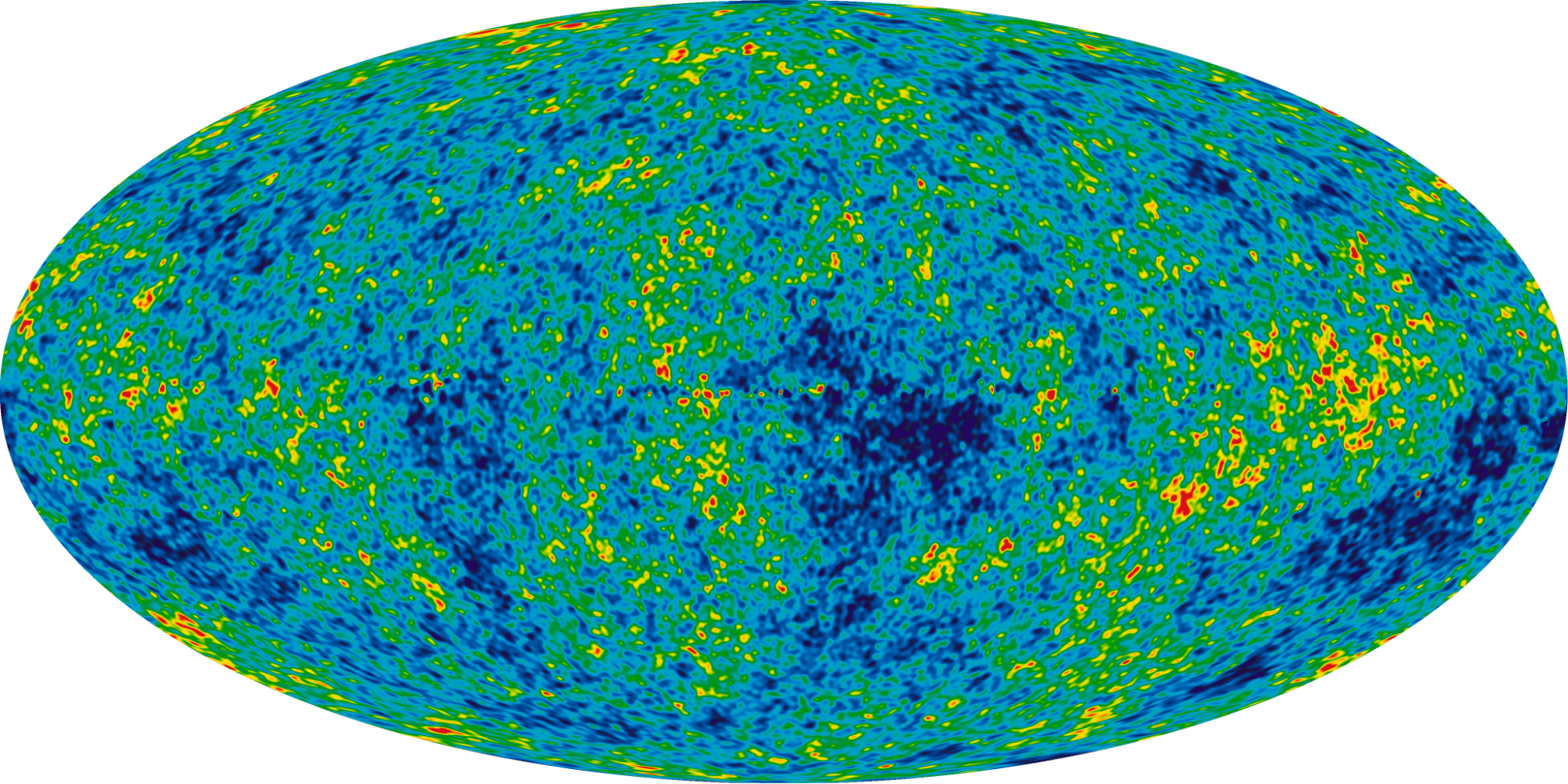
An introduction article for the blog of the Physics Association exploring the extent, history and beauty of the subject of Physics.Read more.
Crisis Averted : Rescuing Apollo 11
TRAC Blog, Aug 2021
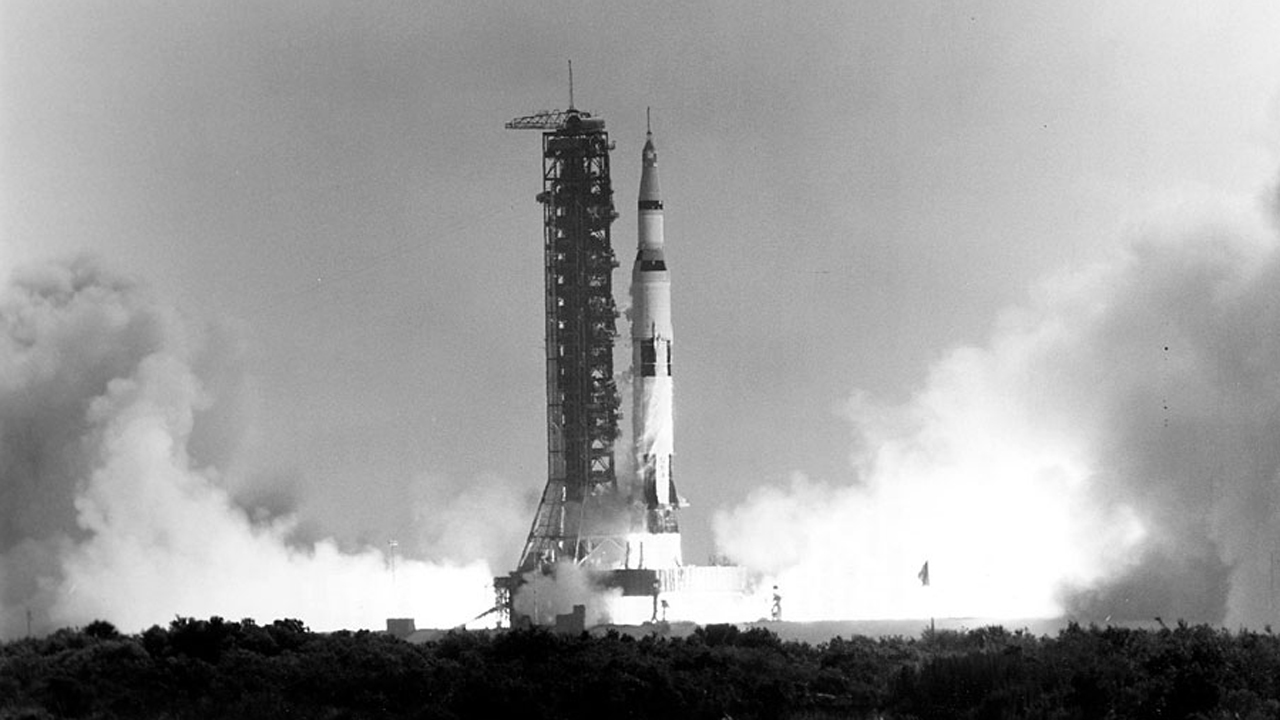
Closely failing the failure of Apollo 13, the next mission had high hopes behind it. A tiny ball of solder threatened to play spoilsport to the multi-million dollar mission but not while Don Eyles had anything to say about it!Read more.
Crisis Averted : Rescuing Apollo 11
TRAC Blog, Aug 2021

While the Apollo 11 will go down as one of humanity's greatest achievements, a computer glitch nearly jeapordized the entire mission. Programmers at MIT had to trudge through a listing of pure assembly to nail down the error and eliminate it in 13 hours. Read more.
Adding a Webb of Eyes
TRAC Blog, Jul 2021
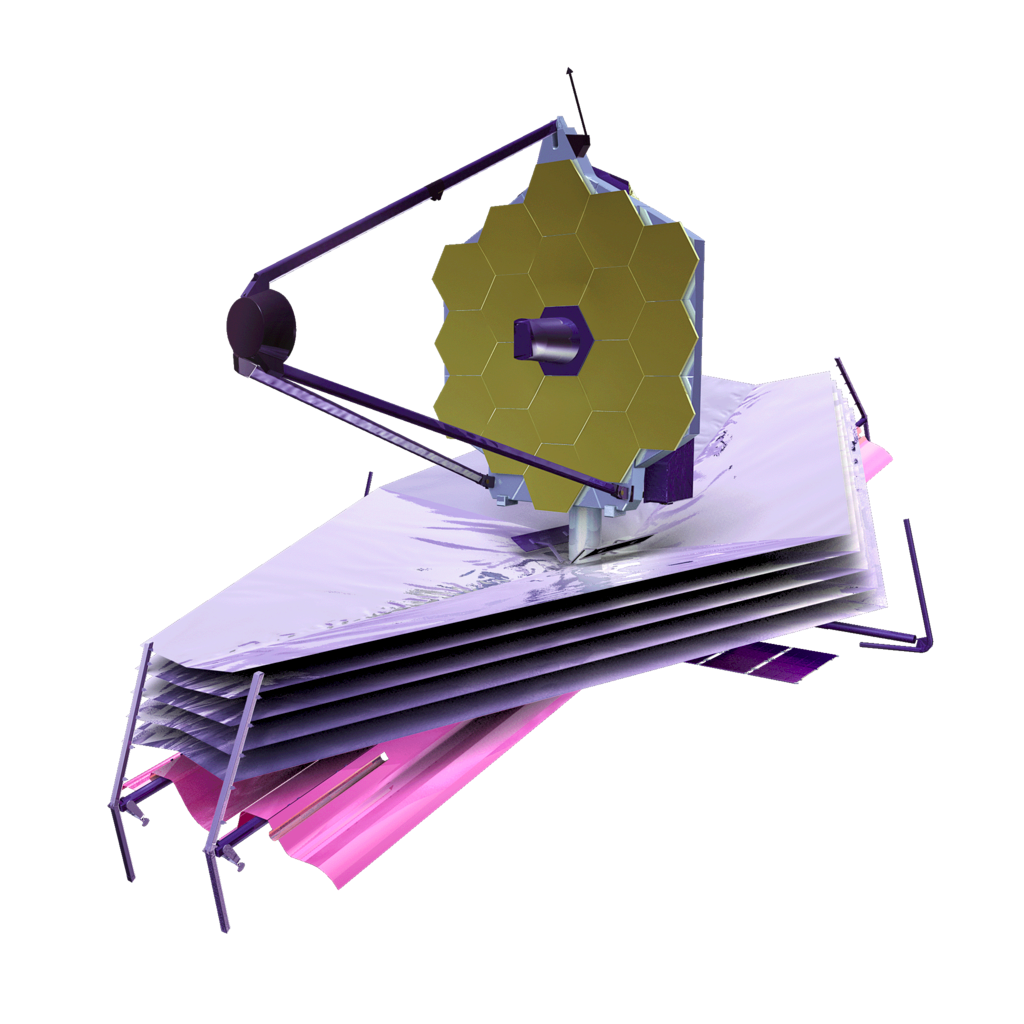
The James Webb Space Telescope is the next generation of advanced space telescopes and the successor to the insanely succesful and famous Hubble Space Telescope. The JWST will usher in another era of amazing pictures and scientific data from the heavens above. Read more.
Charting the Skies
TRAC Blog, Jul 2021
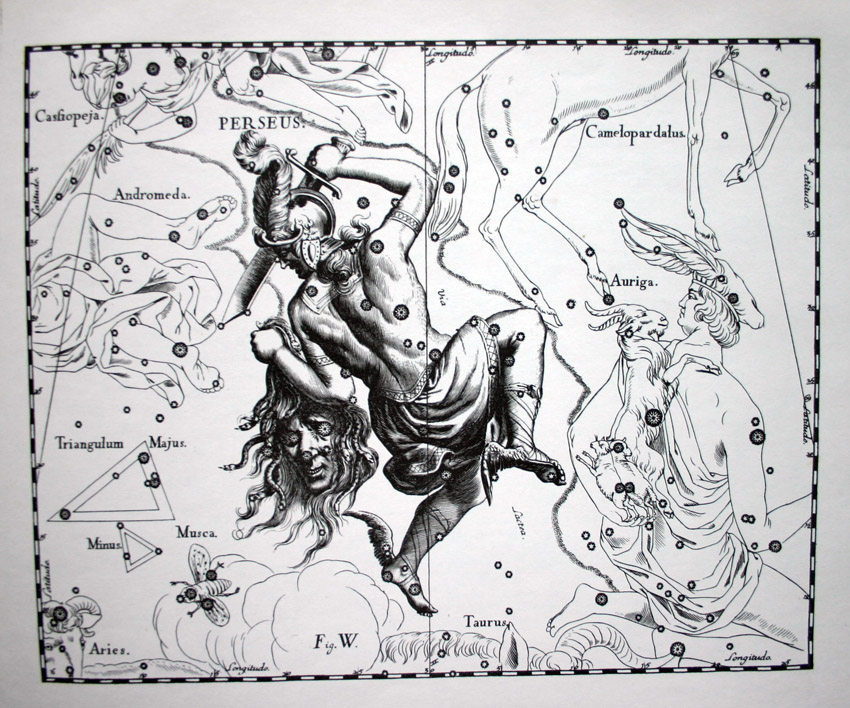
Our sky is constantly changing, indicating the motion of planets and stars. The study of where they're located and how they move around is called astrometry. Read more.
The Inner Workings of Beihai
FreeLunch, Jun 2021

Computer hardware from the 80s was potatoes. Witness the birth of power-hungry graphical applications and how the elgant algorithms were pioneered by their savants at Apple and IBM despite their limitations. Take a walk down the computational history aisle in this article. Read more.
Broadening Scientific Frontiers
FreeLunch, Mar 2021
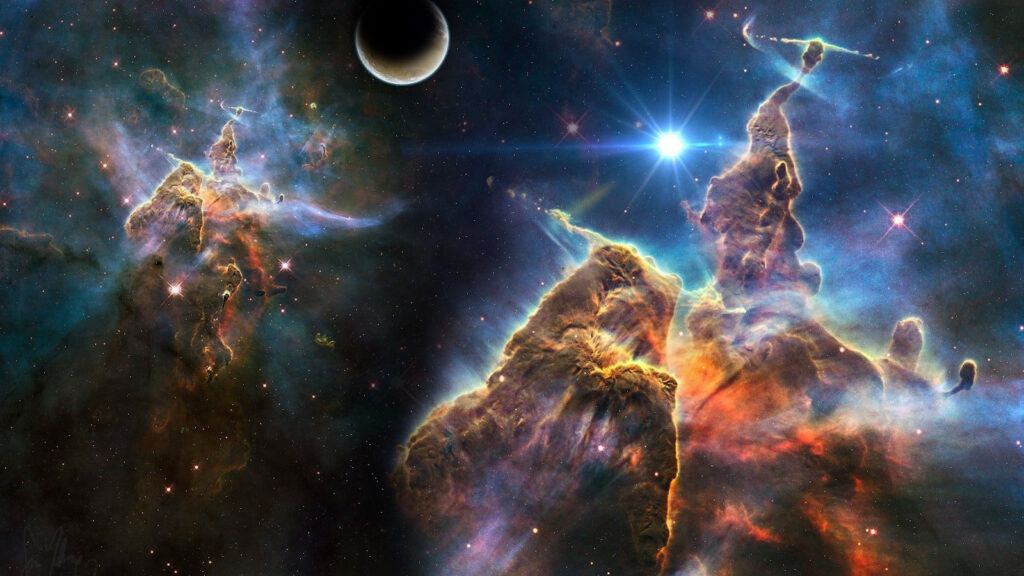
We've been due a major breakthrough for quite a while now, yet the news rambles on about some overly complex discovery. Will science ever undergo another revolution or is it settled for good? Read more.
The Marvellous Misadventures of Your Code *
FreeLunch, Mar 2021
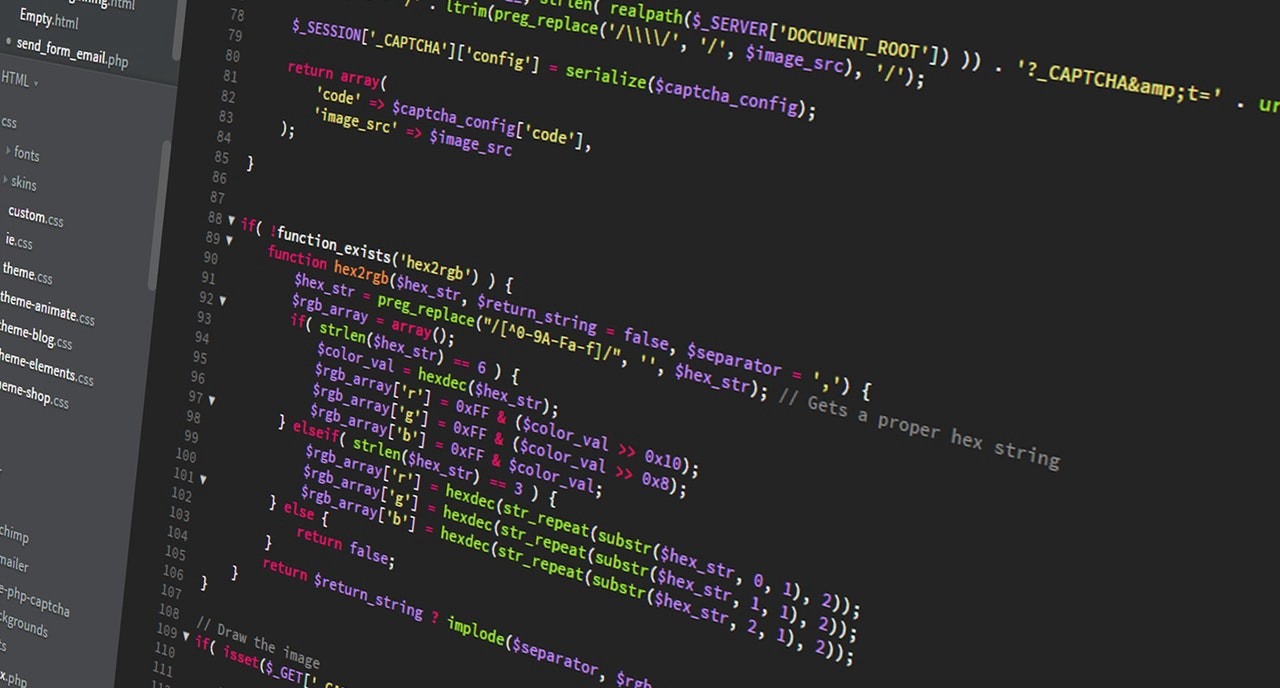
How does a source file consisting of special text build complex virtual constructs? Code in the source file undergoes an impressive pipeline personalized for every language. Read more.
My Frame, Your Frame *
Elliptigon, Mar 2021
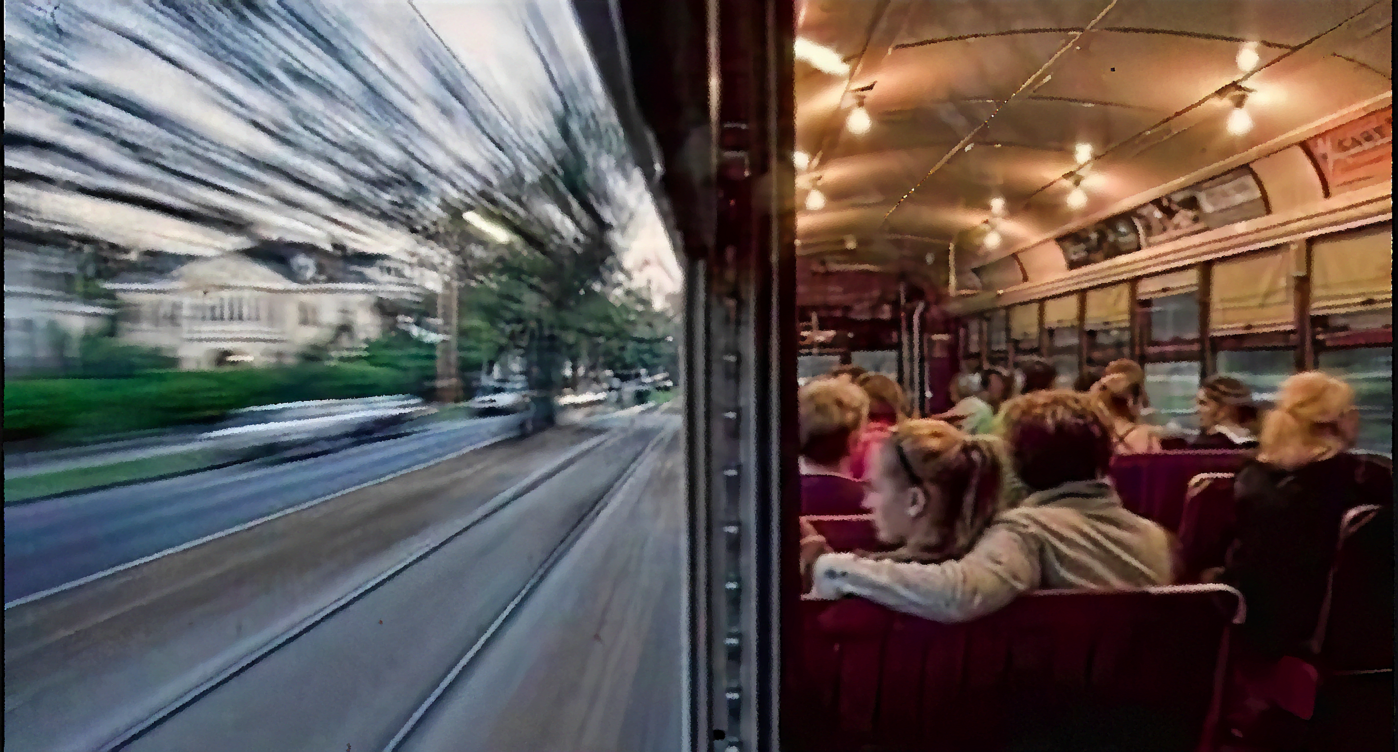
The very foundations of physics rest on a concept called a "coordinate system". It is ridiculously simple to transform from one to another and this will set the stage for understanding the Theory of Special Relativity. Read more.
Beyond Chaos
Elliptigon, Feb 2021
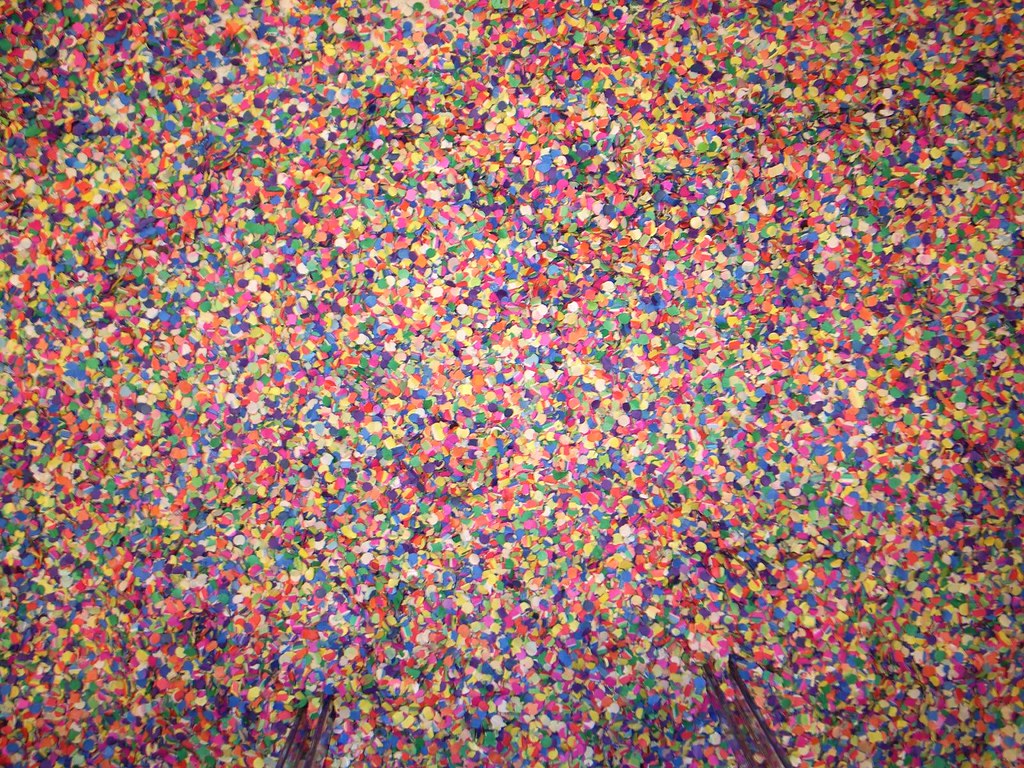
Entropy is the measure of randomness. It seems far to drawn out to explain something fundamental, like the force of gravity. Or is it not so irrelevant after all? Read more.
I'm Radioactive, Radioactive
Elliptigon, Feb 2021
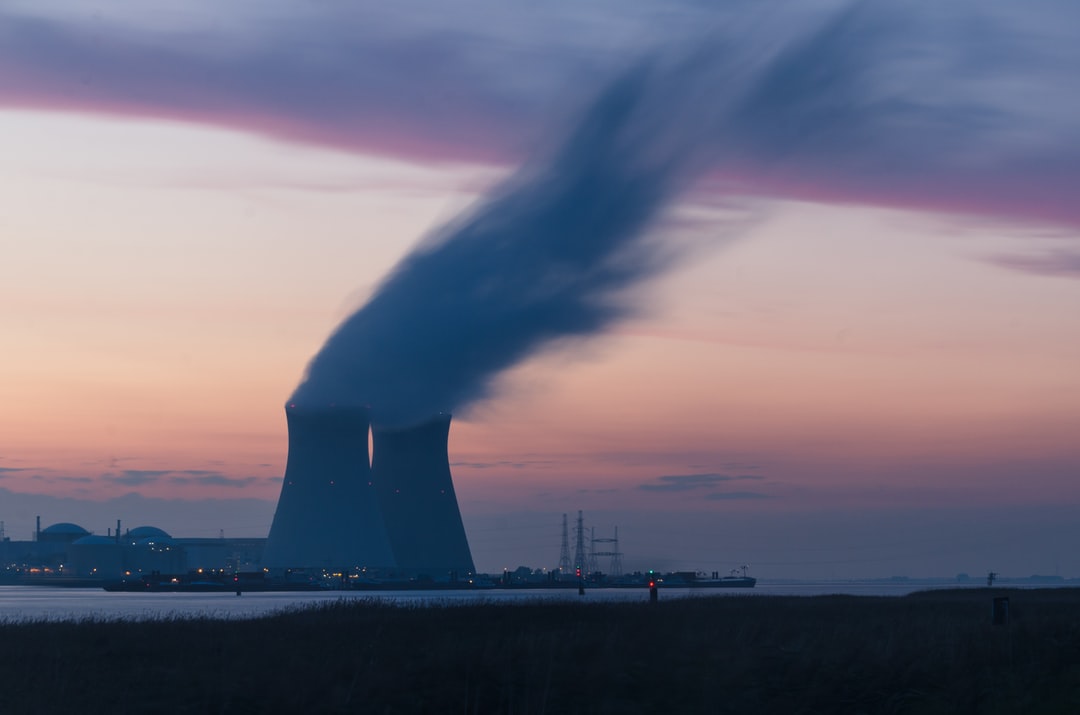
The first nuclear plant was not made by the Americans during the World War. Then when and where was it? Read more.
God Does Play Origami
FreeLunch, Jan 2021

While you aimlessly fold a piece of paper, your body is busy working folding proteins. While our bodies are a master at this art, we are yet to know how an amino acid sequence becomes a folded, fully functional protein. Find out how DeepMind unraveled the mystery. Read more.
Practical Machine Learning in Cybersecurity
BITS-ACM, Nov 2020
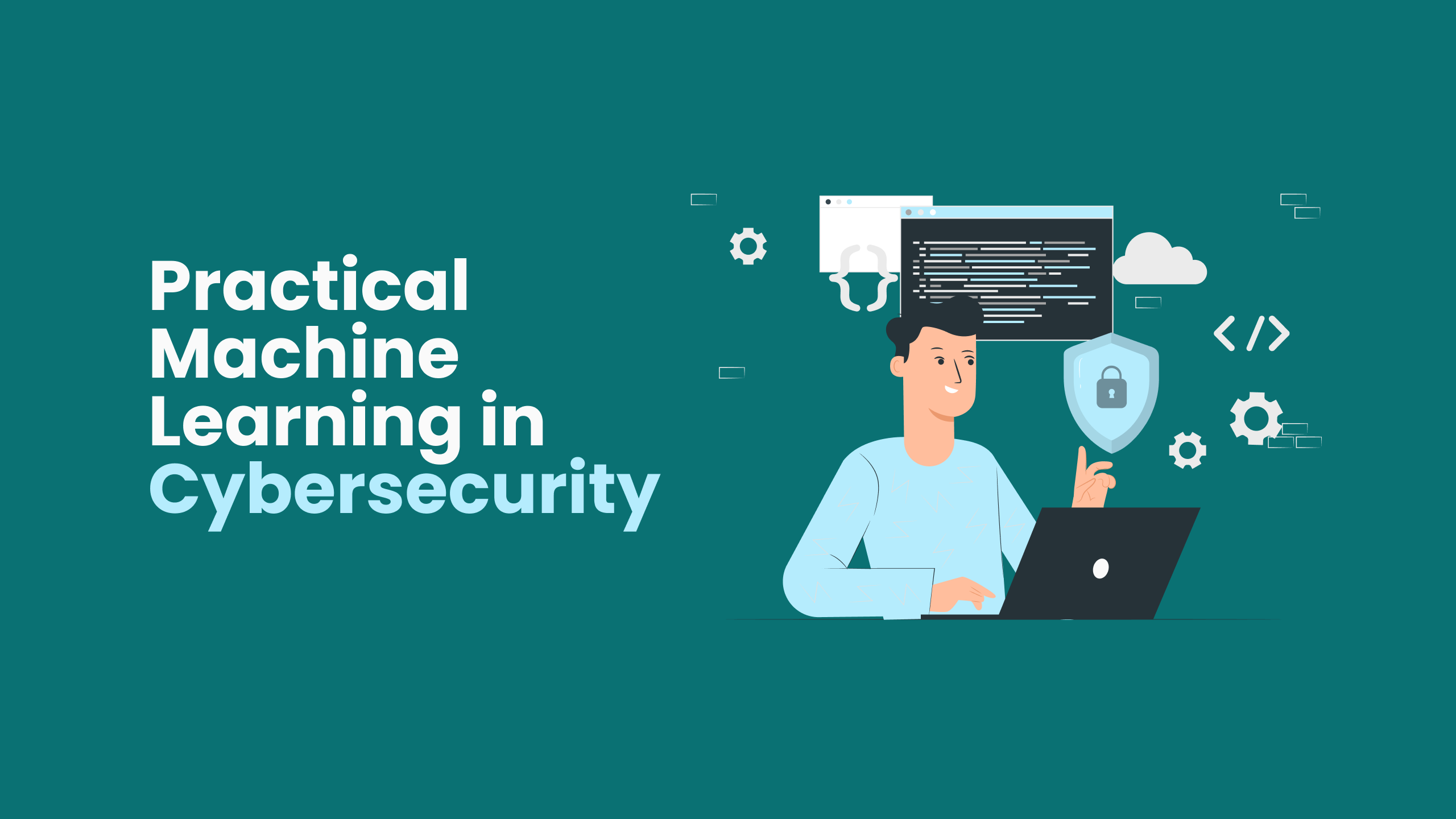
After doing a couple of ML courses, how do you actually use what you have learned? Cyber Security is just one of the many fields being revolutionized by AI. Read more.
Extending ARMs of Envy
FreeLunch, Oct 2020
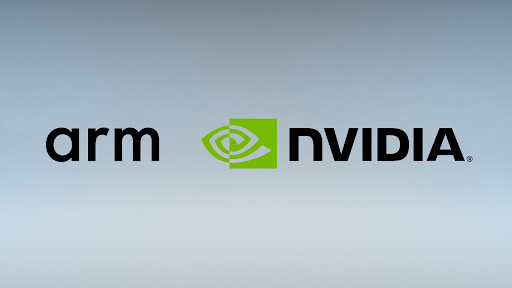
GPU giant NVIDIA recently announced a $40 billion deal to acquire chip designer ARM holdings. The deal has massive implications in the development of hardware for artificial intelligence. Read more.
Of Death Gods and Dirty Cows *
FreeLunch, Aug 2020
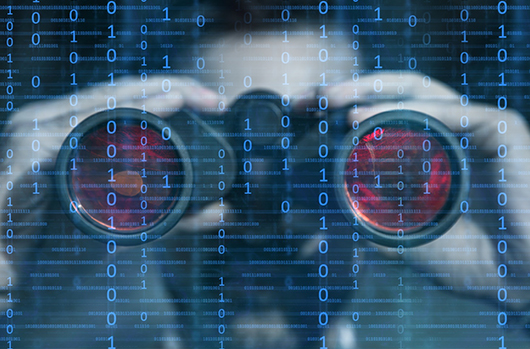
With burning walls, sniffing packets and intricate lies, computer security is a complex cat and mouse game. No one is safe. Including the venerable Linux systems. Read more.
Opening Windows to Linux
FreeLunch, Jul 2020

The cracks in Windows were highlighted by the simplicity, security and speed of Linux. The market leader needed to get its act together and rise up to the occasion. Read more.
Neural Style Transfer with TensorFlow
BITS-ACM, Jul 2020

AI is sweeping every field it touches, and art is no exception. Here, we see how to implement neural style transfer with TensorFlow. Read more.
Netflix and the Cookie Monster
FreeLunch, May 2020

You stare at your computer looking longingly at Netflix. But you don't have a subscription. That's not gonna stop you! Read more.
Ready to Color *
FreeLunch, Apr 2020

Our world is filled with colors, from nature to art. Under the lockdown, we're restricted to our screens to see the outside world. But how do our screens show color? Read more.
A Pandemic in Numbers
FreeLunch, Apr 2020

The novel coronovirus has caused mass paranoia among the general public. There are loads of statistics and graphs available everywhere talking about them. But the numbers, Mason... What do they mean? Read more.
A-Star is Born
FreeLunch, Feb 2020
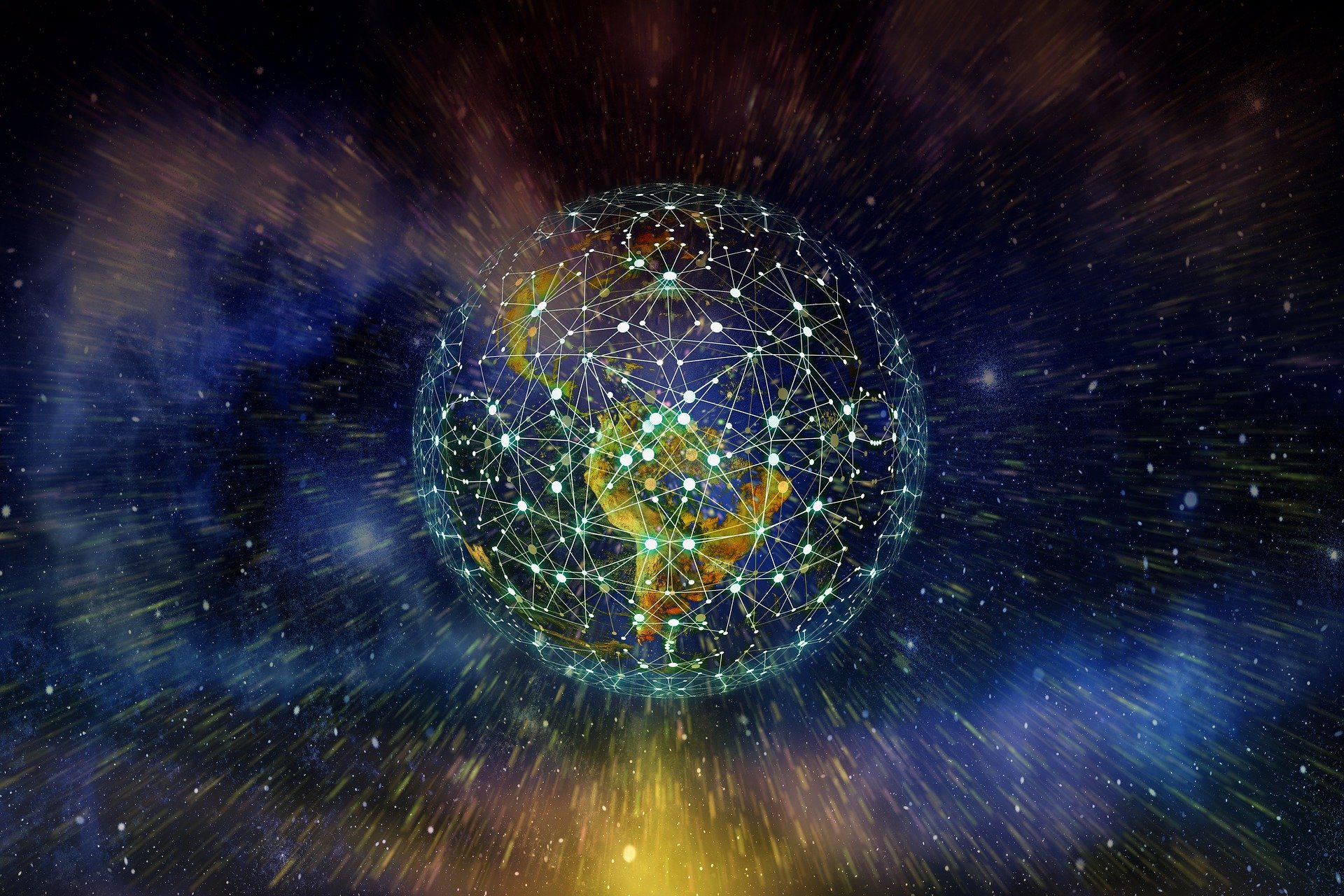
What’s the relationship between Wikipedia articles, protein networks, and mapping software? Find out how you can find directions with this intriguing graph algorithm. Read more.
Walking on Water
Elliptigon, Mar 2019
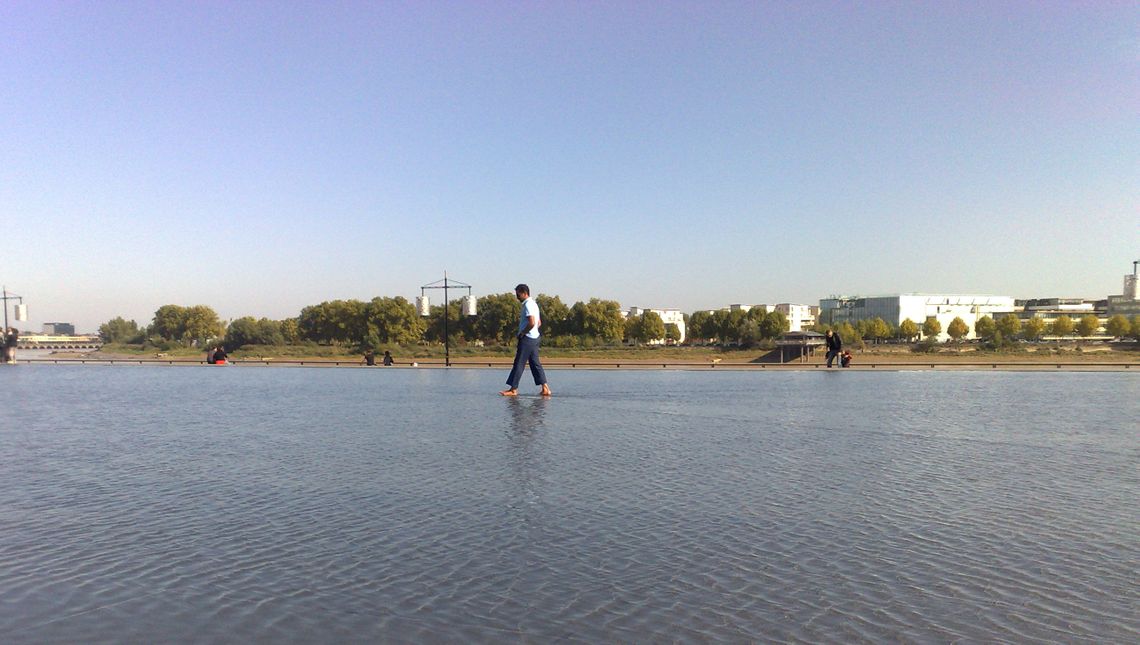
A look at the different forces involved when a body floats on a liquid. Read more.
Mystery of the Elements *
Elliptigon, Feb 2019
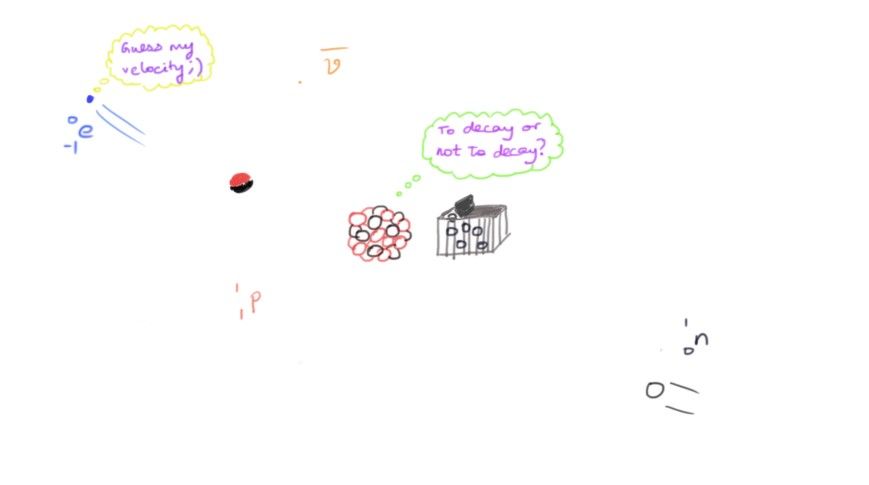
If heavier elements have lesser binding energy per nucleon and are hence less stable, how on Earth were they formed? Read more.